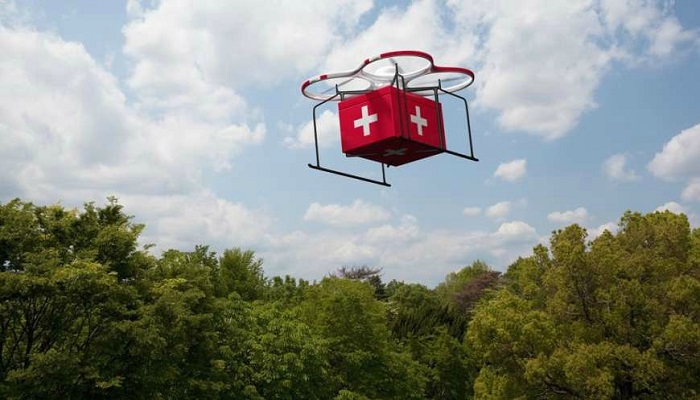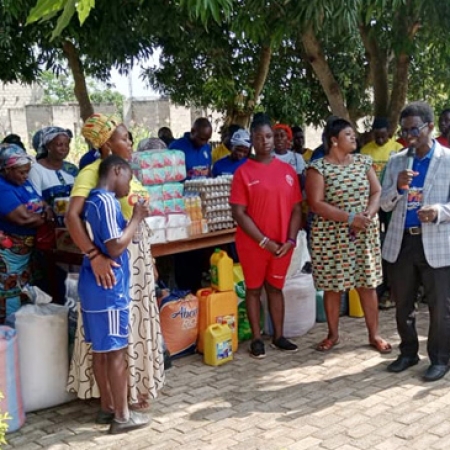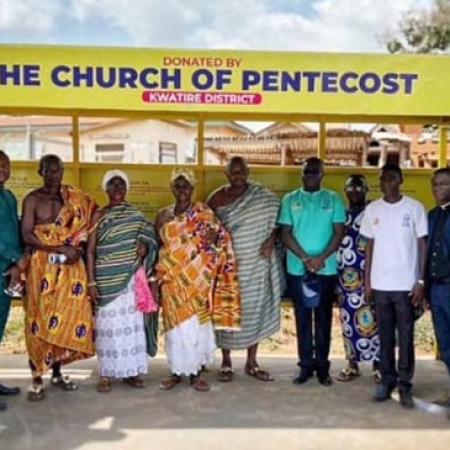Vice President Dr. Mahamudu Bawumia has announced moves towards the use of drone technology to deliver blood and other essential medical supplies to hard-to-reach communities across the country.
This, he said, could happen by September this year, adding that, a Memorandum of Understanding (MOU) to this effect was going to be signed by the government and a service provider, this week.
“We do not have to allow our mothers to die because we cannot have blood supplies and essential medicines sent to them.”
Vice President Bawumia was speaking at the opening of the annual health summit of the Health Ministry in Accra.
‘‘Achieving universal health coverage – using innovative approaches,’, was the theme chosen for the meeting.
He noted that the technology was already in use in some African countries including Malawi and Rwanda.
The government was eager to ensure that there was universal health coverage and this was evident from its payment of one billion cedis out of the unpaid GH¢1.2 billion health insurance debt it inherited.
Added to this was the removal of the 17.5 per cent value added tax (VAT) on all essential imported medicines.
The five-day summit brought together key stakeholders in health, and development partners including the World Health Organisation (WHO), United Nations Population Fund, the Parliamentary Select Committee on Health and the traditional authorities.
It provided the platform to review the performance of the sector and discussed the way forward to improve healthcare delivery.
Dr. Bawumia spoke of the start of the process of procuring ambulances for all the 275 constituencies to augment the fleet of the National Ambulance Service to aid swift response to health emergencies.
Under the Nation’s Builders Corps to be launched on May 01, this year, about 10,000 nurses and health assistants would also be recruited and given contracts up to three years to support the delivery of health services.
Besides, they were fashioning out innovative ways to enhance healthcare financing and hinted that by June, they could come out with new approaches for sustainable healthcare financing.
The Vice President underlined the need to build a more reliable, sustainable and cost-efficient information systems to allow for effective assessment and decision making on the sector.
He said it was refreshing that steps had already been taken in that direction, saying, ‘‘I am informed that the system would make patients records readily available and the database would be linked to all hospitals in the country making transactions at our hospitals paperless and seamless in patients diagnosis.’’
Dr. Bawumia pledged that the government was going to continue investing in maternal and child health programmes to reduce maternal and child mortality.
Although preliminary results of the recently conducted maternal mortality surveys showed substantial progress was being made, a lot still remained to be done.
They would therefore continue to review and strengthen health policies to expand access to quality care by mothers and children.
He stated that providing them with uninhibited access to basic healthcare was the nation’s inter-generational responsibility and ‘‘we must not fail.’’
Source: GNA














